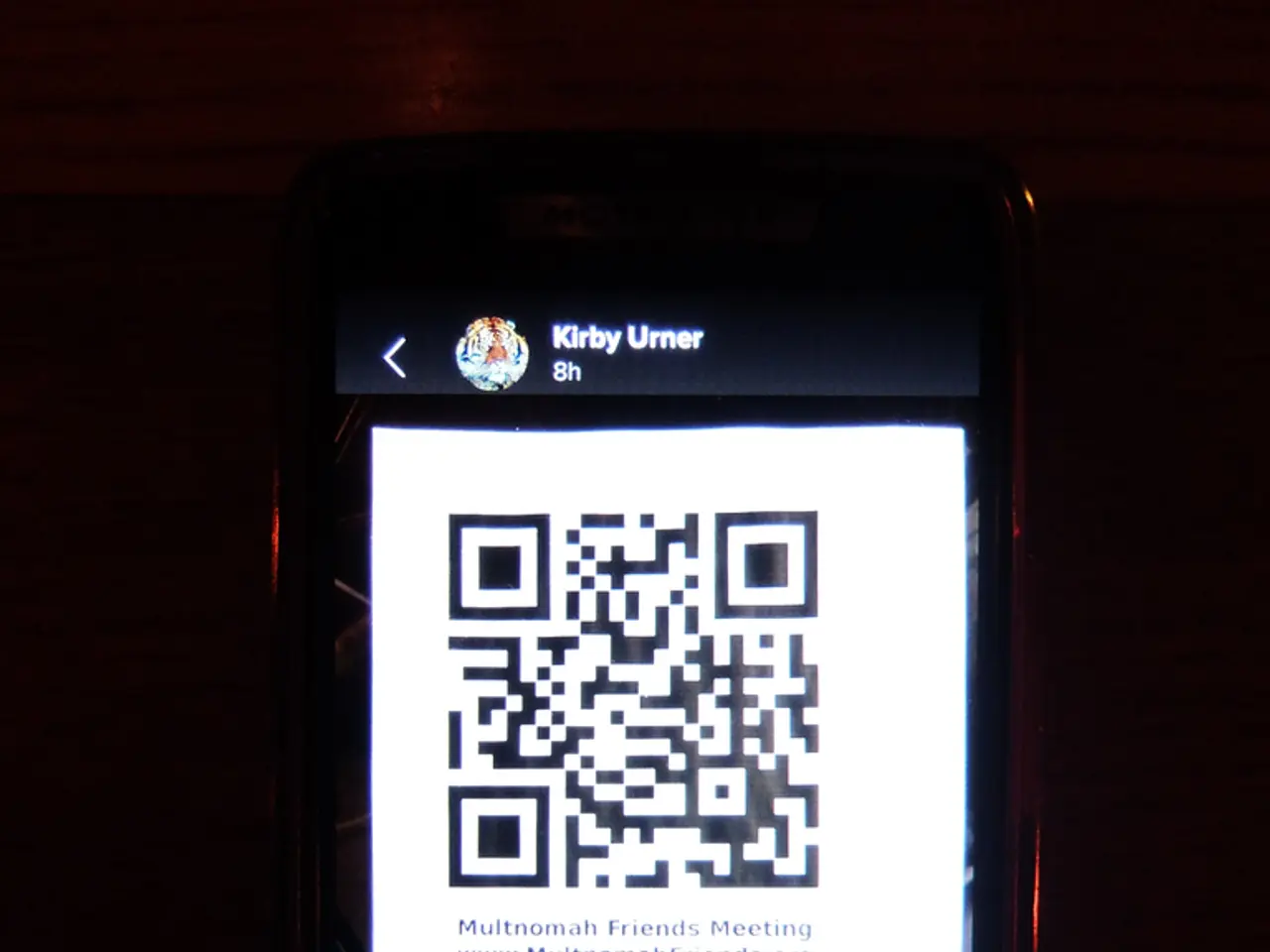Data leak at Qantas: Up to six million customer details potentially disclosed
In a recent development, Australian airline Qantas has experienced a significant data breach, potentially affecting millions of customers. The incident, which has been reported to the Australian Cyber Security Centre, Office of the Australian Information Commissioner, and Australian Federal Police, has exposed personal information such as names, email addresses, phone numbers, and Qantas Frequent Flyer numbers.
Qantas CEO Vanessa Hudson has pledged full cooperation with cybersecurity agencies and has assured customers that financial and passport details were not compromised. However, the breach underscores the growing cybersecurity risks in global airline ecosystems and presents a challenge for Qantas in restoring confidence and tightening data security across its supply chain.
Following the announcement, Qantas shares fell approximately 2-3%. The U.S. FBI had recently warned of coordinated airline cyber-attacks, and this incident serves as a stark reminder of the potential threats.
In response to the breach, Qantas has introduced additional security measures for Frequent Flyer accounts, requiring additional identification for account changes. Customers are advised to ensure their account passwords are strong and unique, and consider enabling any multi-factor authentication options offered.
Customers affected by the breach should follow all instructions provided by Qantas, such as verifying their identity and securing their account when contacted by the airline. They should also be vigilant and cautious, checking sender names and email addresses carefully, and avoid clicking on suspicious links or responding to unsolicited requests for additional personal information.
Customers are advised to monitor their accounts for unusual activity, reporting any suspicious activity immediately. While Qantas Frequent Flyer accounts were not impacted and passwords/PINs were not stolen, customers should still regularly check their accounts for unauthorized changes or transactions.
Cybersecurity firms warn of increased risk from "vishing" and phishing scams targeting Qantas customers. The stolen data paves the way for potential identity theft and fraudulent account creation. Customers are advised to stay informed by keeping up with official Qantas communications and government advisories for further protective recommendations.
In the event of suspected fraud, customers are encouraged to report it to relevant authorities such as the Australian Cyber Security Centre or the Australian Federal Police, which Qantas has already notified regarding the criminal nature of the incident.
By taking these precautions, customers can reduce their vulnerability to identity theft and fraud attempts that may arise from the stolen personal data in this breach. The incident follows a series of major breaches, including Optus and Medibank in 2022, which have led to stricter data protection laws in Australia.
Dr. Hammond Pearce, a UNSW expert, warned, "Name and date of birth... define you." Highlighting the importance of protecting personal data, he emphasized the potential harm that could result from such breaches.
In conclusion, while Qantas works to address the data breach and strengthen its systems, customers play a crucial role in protecting themselves from potential identity theft and fraud. By following the recommended steps and staying vigilant, customers can help mitigate the risks associated with this incident. Affected customers can access a dedicated support line for guidance and updates.
Qantas has advised customers to secure their Frequent Flyer accounts by requiring additional identification for account changes, using strong and unique passwords, and enabling multi-factor authentication. This is a precautionary measure as cybersecurity firms warn of increased risk from "vishing" and phishing scams following the data breach, which could lead to potential identity theft and fraudulent account creation.
Cybersecurity incidents like the Qantas breach underscore the growing importance of protecting personal data, as name and date of birth, as pointed out by Dr. Hammond Pearce, can define a person. Therefore, customers should stay informed, monitor their accounts for unusual activity, and report any suspected fraud to relevant authorities such as the Australian Cyber Security Centre or the Australian Federal Police.




